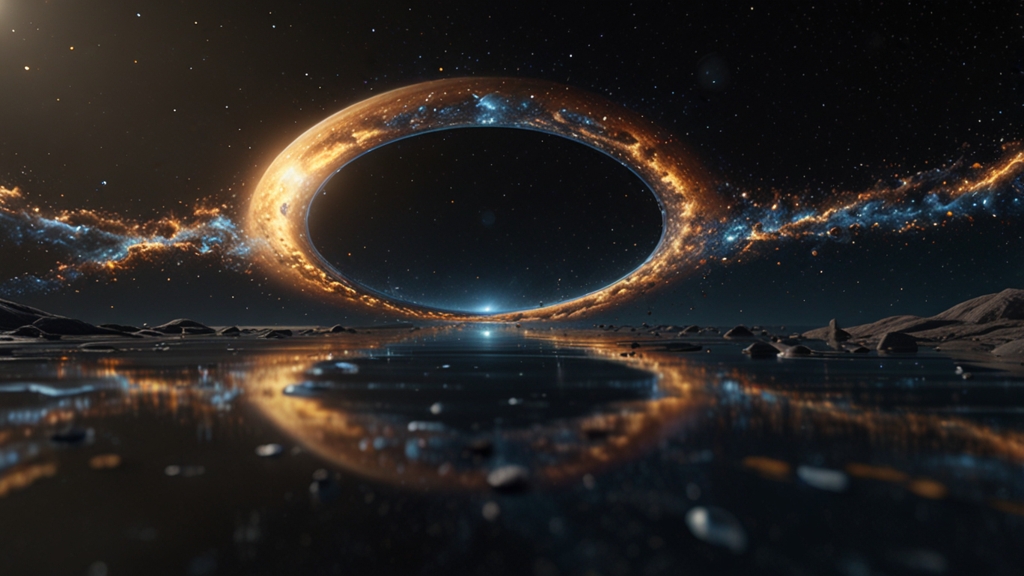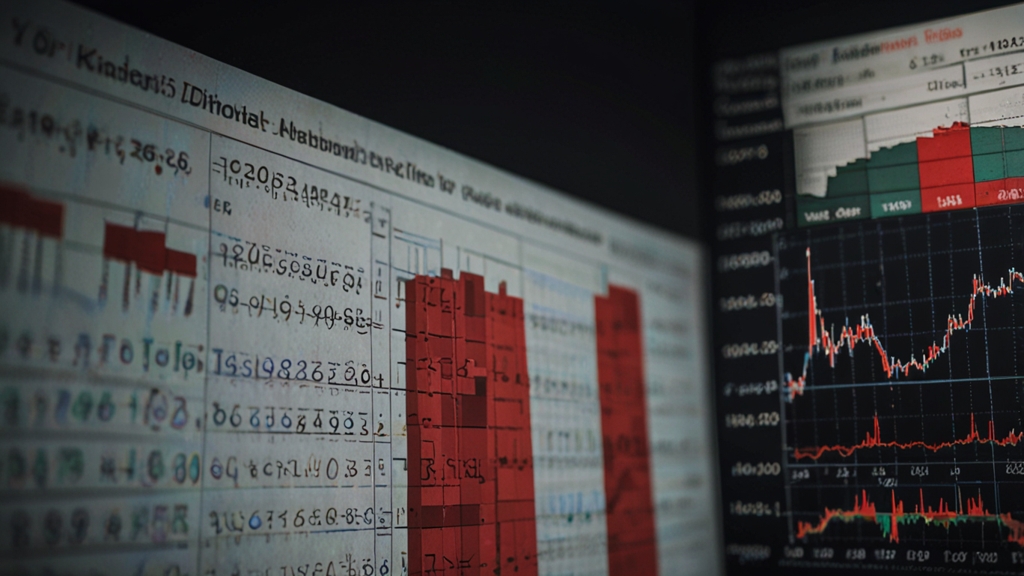Exploring the Infinite: The Fascinating Concept of Infinity
Infinity is one of the most intriguing and perplexing concepts in mathematics, philosophy, and science. It stretches our understanding, challenges our perception, and expands our horizons. But what exactly is infinity? And why does it captivate the human mind so profoundly?
Understanding Infinity
In simple terms, infinity is the idea of something that is unbounded or limitless. In the realm of mathematics, infinity is often represented by the symbol ∞. Mathematically, we encounter infinity in various contexts, from the unending sequence of natural numbers (1, 2, 3, ...) to the notion of limits in calculus.
However, infinity is not just a mere abstract concept; it finds its application in many branches of mathematics such as geometry, in the case of asymptotes, and in set theory—the study of sets, which are collections of objects. The set of all natural numbers is infinite, as is the set of points on a line segment.
"To see a World in a Grain of Sand, And a Heaven in a Wild Flower, Hold Infinity in the palm of your hand, And Eternity in an hour." - William Blake
The Types of Infinity
Infinity is not a one-size-fits-all concept; mathematicians distinguish between different types of infinity. The most well-known distinction is between countable and uncountable infinities. A countable infinity, as its name suggests, can be enumerated—even if it would take forever. The set of all integers is a classic example of a countable infinity.
Uncountable infinity, on the other hand, is so vast that it cannot be listed out in a sequence, no matter how imaginative we get. The set of all real numbers between 0 and 1 is uncountable because there is no way to list all possible decimals that exist within that range.
Philosophical Perspectives
Beyond mathematics, the concept of infinity holds a significant place in philosophy. Philosophers have long debated the nature of the infinite, pondering questions such as whether the universe is infinite or finite, and how the infinite relates to the notions of time and space.
"The human mind cannot be absolutely destroyed with the human body, but there remains of it something which is eternal." - Baruch Spinoza
These philosophical inquiries often lead to thought-provoking discussions about the nature of existence, the limits of human understanding, and the infinite possibilities of the universe. The contemplation of infinity forces us to grapple with the fundamental questions of life: our origins, our place in the cosmos, and our destiny.
Scientific Implications
In the realm of science, infinity plays a crucial role in understanding the universe. Cosmologists explore the possibility of an infinite universe, while physicists wrestle with infinities that arise in theories such as quantum mechanics and general relativity. Concepts like the singularity at the center of a black hole challenge our comprehension of space and time, pushing the boundaries of what we know.
Furthermore, the idea of infinite divisibility is central to understanding the nature of matter and the structure of the universe. Zeno's paradoxes, for example, raise fundamental questions about motion and continuity, leading to major advancements in mathematics and physics.
Conclusion
The concept of infinity is more than just a mathematical abstraction; it is a profound idea that touches upon the core of human curiosity and our quest for knowledge. Whether we are counting numbers, contemplating the cosmos, or reflecting on the nature of existence, infinity beckons us to explore the limitless potentials of thought and discovery.
As we continue to delve deeper into the mysteries of infinity, we uncover not only the boundless expanse of the universe but also the infinite capacities of the human mind. In this sense, exploring infinity is both a scientific journey and a philosophical odyssey, inviting us to expand our horizons and embrace the wonder of the infinite.









